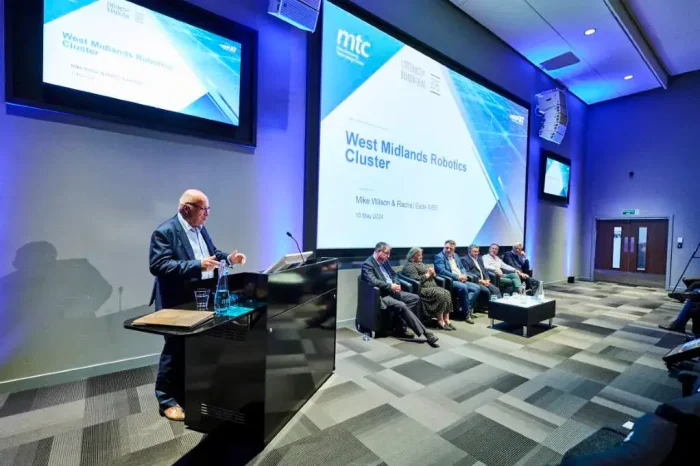University of Nottingham hosts revolutionary energy storage technology trials in its Creative Energy Homes

The University of Nottingham’s Creative Energy Homes now features groundbreaking energy storage technology, poised to cut household expenses and bolster the UK’s pursuit of achieving net zero emissions.
This installation marks a pivotal milestone for the Advanced Distributed Storage for Grid Benefit Project (ADSorB), spearheaded by a consortium led by researchers from the University of Sheffield. Alongside Nottingham and Sheffield universities, the project team is also made up of researchers from Loughborough and Mixergy, an Oxford smart, grid-connected hot water storage and technology firm.
The mission of the whole project team is to commercialise innovative thermal energy storage solutions initially developed at the University of Loughborough. These technologies are designed to capture surplus energy during periods of high renewable energy production, such as from solar or wind sources. Later, this stored energy can be released during peak demand times or to compensate for supply shortfalls.
Mark Gillott, Professor of Sustainable Design at the University of Nottingham, said: “Soaring household bills have been hitting headlines for months as the cost-of-living crisis continues. Therefore, finding an effective alternative has never been more important. Thermal energy storage has the potential to solve two issues in one – not only is it cost-effective, but it also removes renewable energy’s dependency on specific weather conditions.”
Previously, the research team conducted a feasibility study that explored Thermochemical Storage (TCS), offering extended storage capabilities, and Phase Change Material (PCM) technologies, which provide agile, short-term storage solutions. The combination of these technologies holds the potential to significantly curtail carbon emissions, offer a more adaptable approach to renewable energy storage and advance the UK’s net zero objectives.
These innovative technologies have been further refined and adapted into modular thermal energy storage units, seamlessly integrated into households alongside existing energy systems. This integration can occur either through retrofits or as part of new construction projects, with prototypes already successfully installed at the University of Nottingham.
Professor Gillott concluded: “This is the first of two installations scheduled to take place at Nottingham this year. We’ve started with PCM technology and will follow with TCS later on in autumn, which will provide us with comparable data for both types of technology. By undertaking these trials at lived-in homes, we’ll be able to provide accurate results that will allow us to scale up the technology and bring it to market as quickly as possible.”






